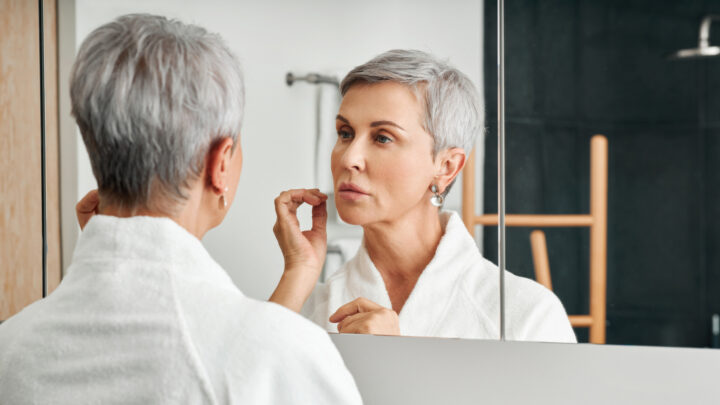Sleep can get weirder as you age—lighter, shorter, and sometimes more frustrating than ever.
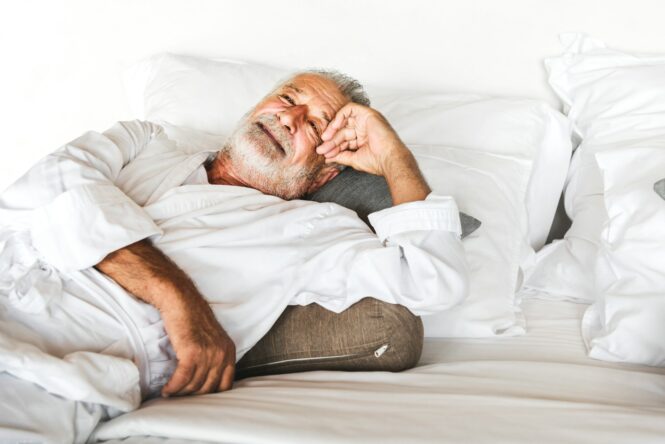
It’s not all in your head, either. As the body changes, so does the way it rests, and plenty of people over 40 start noticing changes they didn’t expect. From waking up too early to feeling wide awake at 3am for no clear reason, ageing brings a few common sleep curveballs. These are some of the age-related sleep conditions worth knowing about—because being tired all the time shouldn’t feel like a given.
1. Insomnia

Insomnia becomes more common with age, especially in people over 60. It might show up as difficulty falling asleep, waking up multiple times in the night, or waking way too early and not being able to drift off again. Stress, health conditions, or even just changes in daily routine can quietly mess with your rhythm.
What makes it worse is that people often think it’s normal. It isn’t. If sleep is feeling elusive more nights than not, it might be worth bringing up—even if you’ve just been “putting up with it.”
2. Sleep apnoea
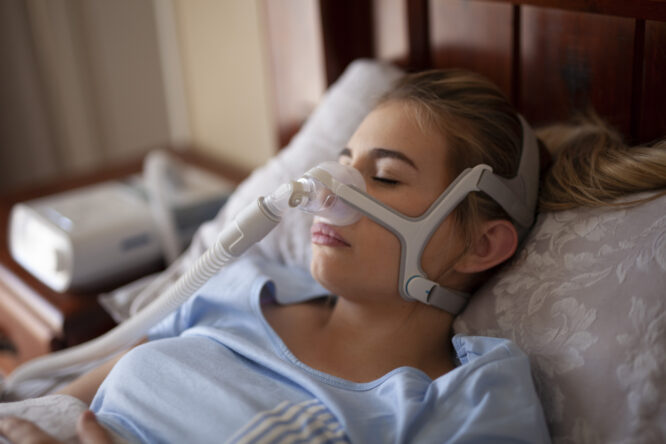
Snoring isn’t just an annoying habit—it can be a red flag. Sleep apnoea is when your breathing repeatedly stops and starts during the night, which disrupts deep sleep and leaves you exhausted the next day, even if you think you got a full eight hours. It tends to become more common with age, particularly if you’ve gained weight, have high blood pressure, or sleep on your back. Left untreated, it can raise your risk of heart problems, so it’s not something to ignore.
3. Restless legs syndrome (RLS)
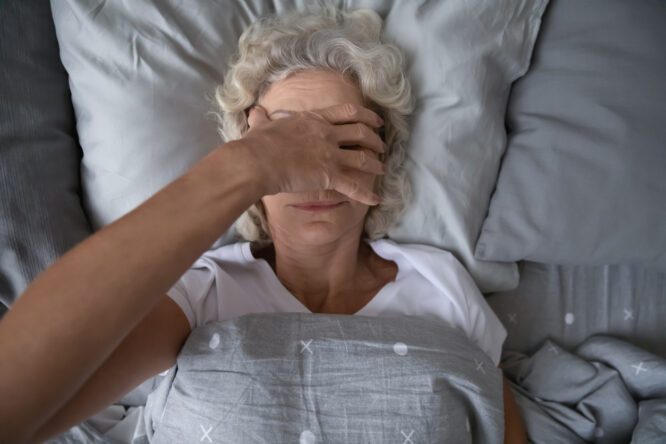
This condition causes uncomfortable sensations in your legs—tingling, itching, or a deep urge to move them—usually in the evenings. It can seriously mess with your ability to fall asleep or stay still in bed. It’s more common in older adults, especially women, and it tends to run in families. Some cases are linked to low iron, kidney issues, or medications, but sometimes it just turns up uninvited and starts making nights a hassle.
4. REM sleep behaviour disorder
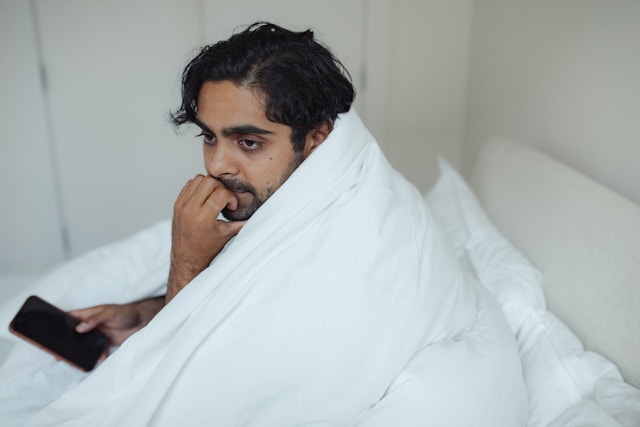
This one’s a bit odd but very real. People with REM sleep behaviour disorder act out their dreams—kicking, punching, yelling, or even getting out of bed. It can be dangerous, not just for them, but for anyone sharing the bed. It’s more common in men over 50 and is sometimes linked to neurological conditions like Parkinson’s. If your dreams are starting to get physical, it’s definitely worth talking to a doctor about it.
5. Advanced sleep phase syndrome

Ever find yourself nodding off at 8pm and waking up before dawn? This condition changes your internal clock forward, so your body wants to sleep—and wake—much earlier than the people around you. It becomes more noticeable with age, especially after 60. While some people just roll with it, others find it isolating or disruptive to daily life. Light therapy and a few routine changes can help reset things a bit.
6. Periodic limb movement disorder (PLMD)
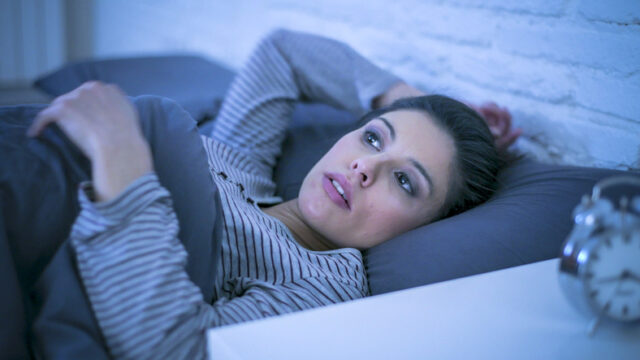
Similar to restless legs, PLMD causes involuntary twitching or jerking of the legs during sleep. Unlike RLS, which is felt while you’re awake, PLMD happens while you’re unconscious—and often disrupts your sleep without you knowing. It’s especially common in older adults and can lead to unexplained tiredness, even when you think you slept through the night. A sleep study is usually the only way to properly diagnose it.
7. Circadian rhythm disorders
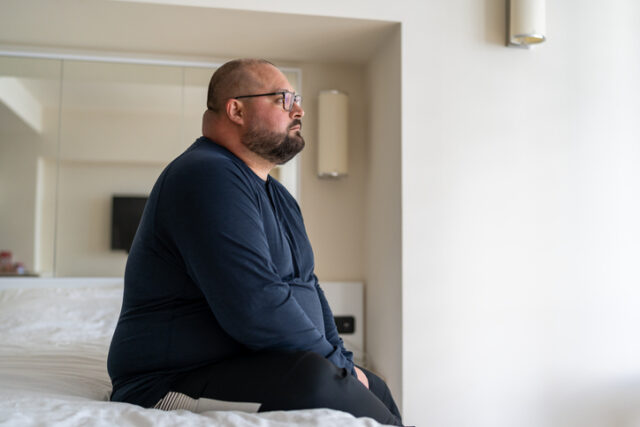
As we age, our circadian rhythms—the internal clocks that control sleep and wake cycles—can get out of sync. You might start feeling tired too early, or struggle to feel sleepy at all until well past midnight. The change can happen naturally, but things like retirement, less sunlight exposure, or inconsistent routines can make it worse. It’s why a steady schedule, daylight exposure, and avoiding screens at night start to matter more as you get older.
8. Frequent urination (nocturia)

Waking up once in the night to pee might not be a big deal. However, when it starts happening three, four, even five times a night, it becomes a sleep disruptor. Nocturia becomes more common with age due to hormonal changes or conditions like prostate enlargement in men. It’s not just annoying—it fragments your sleep and makes it harder to reach deep, restorative stages. Sometimes, it’s a sign of a bigger issue, so it’s worth checking out if it’s ruining your rest.
9. Anxiety-related sleep disturbances
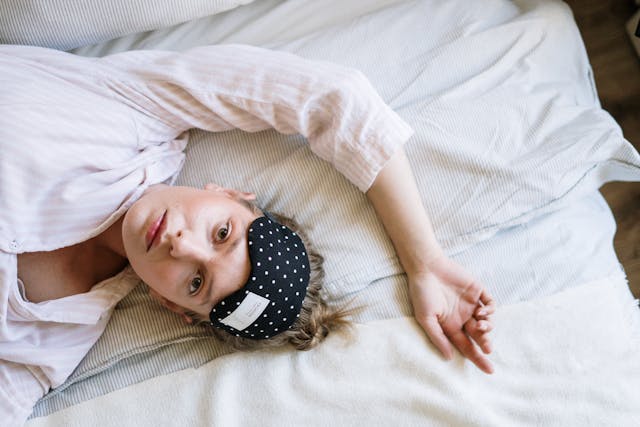
Getting older doesn’t magically erase anxiety. In fact, for some, it ramps up—whether it’s about health, finances, loneliness, or the future. And anxiety loves to mess with sleep. Racing thoughts, tight chest, constant clock-watching—it all adds up to broken rest. That kind of sleep disruption can spiral quickly. It’s not about “just relaxing more”—sometimes tools like CBT, mindfulness, or gentle medication can help bring some peace back to bedtime.
10. Depression-linked sleep changes

Depression often hides itself in the way people sleep. For some, it means sleeping too much. For others, it means barely sleeping at all. As people age, depression might not always show up with low mood—it can present through physical symptoms like poor sleep. If your sleep patterns have changed and your motivation is dipping too, it’s worth talking about. Sleep and mood are deeply linked, and treating one often improves the other.
11. Poor sleep hygiene
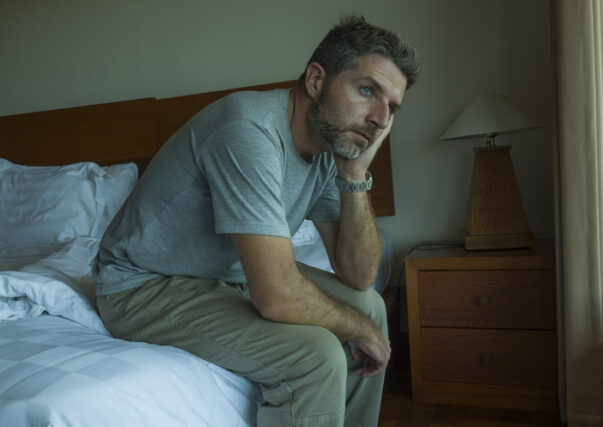
This one’s not a medical condition, but it can easily cause the same problems. As routines change with age—kids move out, work slows down, retirement happens—your structure around sleep might fall apart without you realising. Going to bed at wildly different times, napping too much, scrolling late at night—it all adds up. And while it sounds obvious, rebuilding a solid routine can make a massive difference.
12. Medication-related sleep disruption
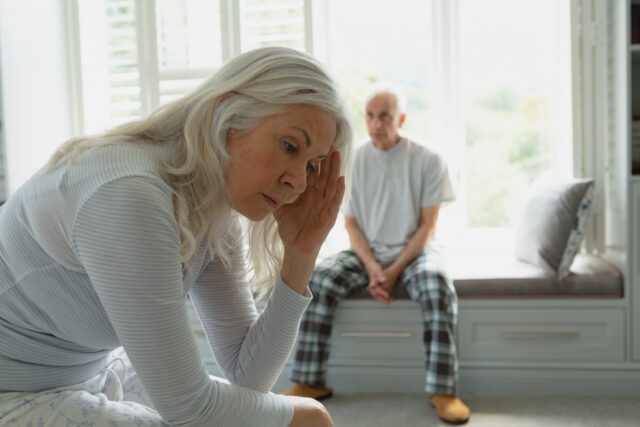
The older you get, the more likely it is that you’re on one or more medications. And plenty of them—antidepressants, blood pressure pills, even some allergy meds—can quietly wreck your sleep in the background. If your sleep changed around the time your meds did, that’s worth exploring with a GP. Sometimes it’s a small tweak, like switching when you take it or trying a different version, that can restore balance.
13. Light sleep and reduced deep sleep
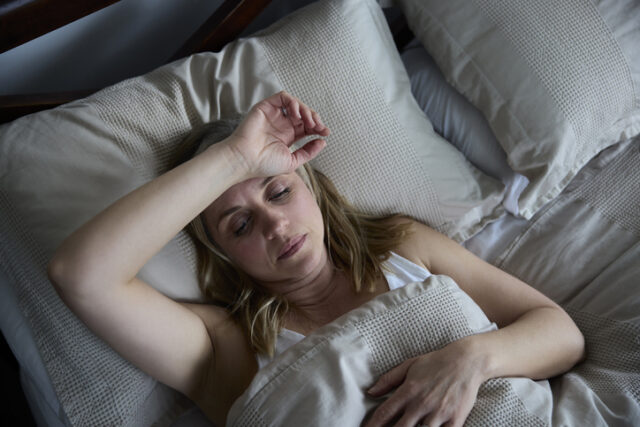
Even without any specific condition, ageing often means lighter, more fragmented sleep. Deep stages become shorter and less frequent, which is why you might wake up more easily and feel less rested overall, even after a full night. It’s frustrating, but not hopeless. Things like exercise, sunlight during the day, and a consistent wind-down routine can help deepen sleep—without needing drastic interventions.



